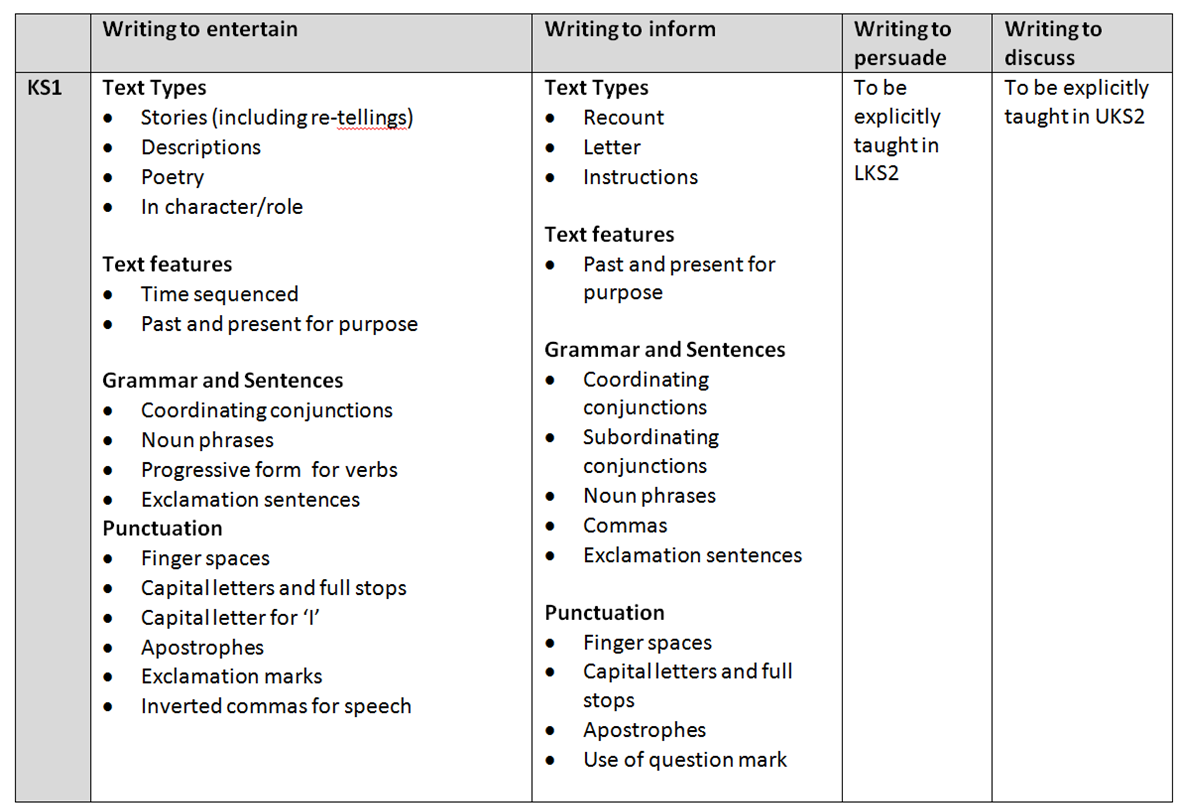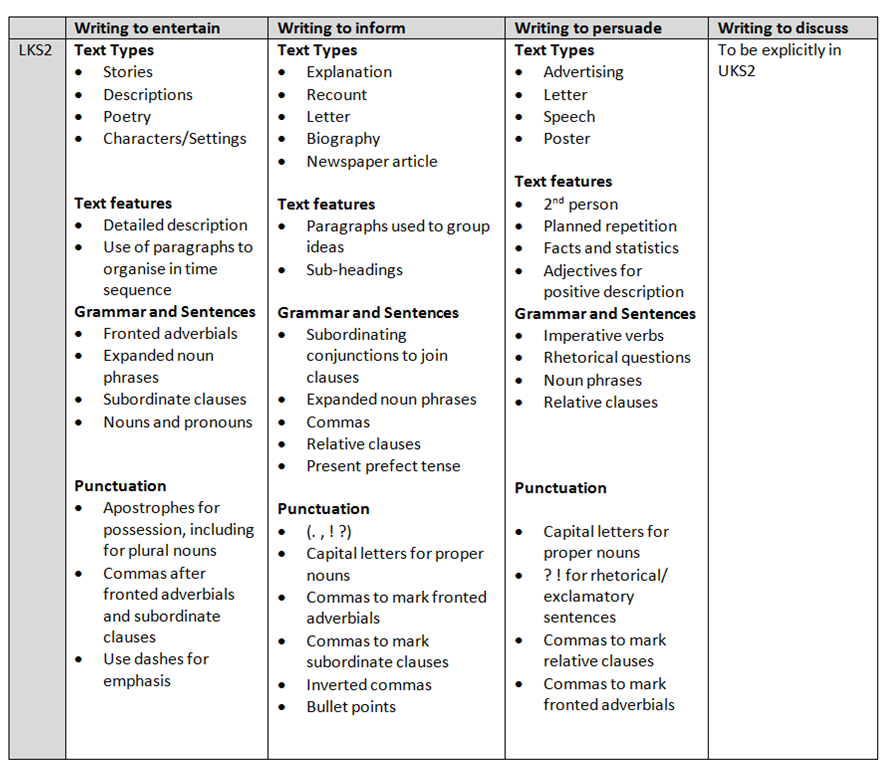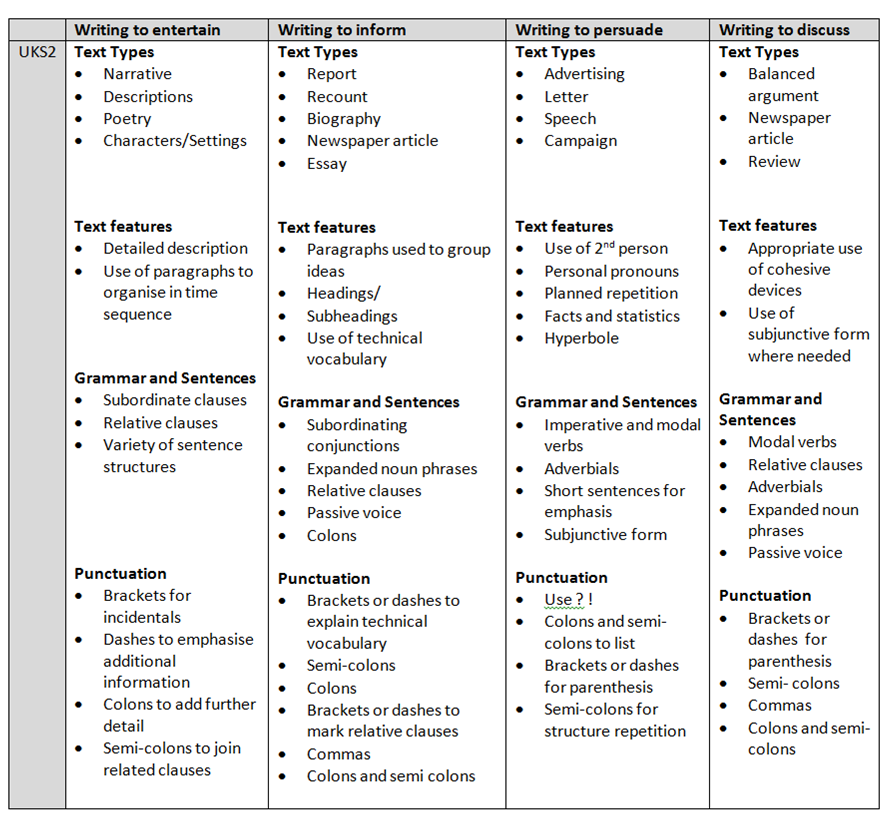English
Here at Midfield, we are committed to providing an exciting, engaging and progressive English curriculum for our children. We want our children to become enthusiastic, engaged readers and writers who develop a life-long love of books and a passion for writing.
Speaking and listening skills are built into all aspects of the English curriculum with the aim being that every child is able to communicate their thoughts, ideas and opinions clearly and succinctly, as well as listening to and reflecting on the ideas of others.
Midfield Primary School have fostered an approach to teach all areas of the English curriculum. It has been compiled with highly regarded classroom-based research and experience of working with teachers. Children are introduced to a range of high-quality books through a curriculum which is creative and engaging. As as a result, a children develop a love of reading and writing.
Writing in the National Curriculum in England
Learning to write is one of the most important things that a child at primary school will learn. Children use their writing in almost all other subjects of the curriculum. Good writing also gives children a voice to share their ideas with the world.
For a child, learning to write can be tricky, not least because good writing involves handwriting, spelling, grammar and punctuation not to mention what we want to write and who we are writing for.
Early Years Foundation Stage (EYFS)
In Reception, children will start to learn how to form letters correctly. They will be encouraged to use their knowledge of phonics to write words in ways which match their spoken sounds. By the end of the year, they will be expected to write simple sentences which can be read by themselves and others.
Key Stage 1 (Years 1 and 2)
In Year 1, children will be taught to write sentences by saying out loud what they are going to write about, put several sentences together and re-read their writing to check it makes sense. They will also be expected to discuss what they have written and to read it aloud.
In Year 2, children learn to write for a range of purposes, including stories, information texts and poetry. Children are encouraged to plan what they are going to write and to read through their writing to make corrections and improvements.

Key stage 2 (Years 3 to 6)
In Years 3 and 4, children are encouraged to draft and write by talking about their writing. They will continue to learn how to organise paragraphs and, if they are writing non-fiction, to use headings. When they are writing stories, they will learn to use settings, characters and plots. Children in Years 3 and 4 will be expected to use what they know about grammar in their writing and to read through what they have written, to find ways to improve it.
In Years 5 and 6, children will continue to develop their skills in planning, drafting and reviewing what they have written. Children learn to identify the audience for and purpose of their writing. They will be expected to use grammar appropriately. In non-fiction writing, children will use headings, bullet points and other ways to organise their writing. They will be expected to describe settings, characters and to use dialogue in their stories.


Learning to read
No doubt you will come across the word ‘Phonics’ as soon as your child starts school. Phonics is a method of learning to read words that is taught right from the start of Reception/Nursery.
Children are taught to read letters or groups of letters by saying the sound(s) they represent – so, they are taught that the letter / sounds. Children can then start to read words by blending the sounds together to make a word. This is a very exciting time as the more accurate and fluent your child becomes the more they are likely to enjoy reading. There is strong evidence linking reading for pleasure and educational outcomes, but the benefits go beyond this and stretch throughout a person’s life.
Love of reading
Research specifically shows that the benefits of reading are more likely to be felt when reading takes place through free choice. The outcomes of reading will occur more often and more strongly if reading is enjoyable in the first instance. This is why the 'for pleasure' element of reading for pleasure is so important.
Reading is not something that children should do in school; it needs to be an everyday part of our lives, something we choose to do at all ages. At Midfield Primary School we want to build a culture of reading for enjoyment that will develop a lifelong love of reading which could benefit children in so many ways. We recognise that reading for pleasure will encourage children to succeed both academically and socially.
At Midfield Primary we are all passionate to make a difference and promote this love of reading. We aim to empower children to explore the multitude of worlds beyond their own world. So how do we do this? First of all we need to see this beyond performance league tables and transform the whole school ethos, so that EVERYONE loves reading. Here are some of the things we do:
1. Class reading time
Reading to the class remains a priority and it doesn’t have to fit into the curriculum, the timetable or have an objective which needs ticking off. Everyday, every class are read to by their teacher during a set time. It isn’t gobbled up at the end of the day by tidying up and getting ready for home time. This is a non-negotiable!
2. Involving the community
At Midfield we love to involve our parents. We aim to support parents with tips and techniques for helping children develop reading, comprehension skills and a love of reading.
We send reading books home which not only can be read to parents but books which parents can read to their children, so that stories can be enjoyed together. A comprehensive recommended book list can be found on our website.
Our school has strong links with our local library and we will invite authors to visit our school at least once a year! We have found that authors visiting the school can inspire children to read books they might not previously have considered – and engage them with writing, too.
3. Book donations
Throughout the year we have regular events whereby children can swap books or sell their books. If children can see a book they have brought in or recommended on the bookshelves or being enjoyed by their peers, it can really help them to appreciate the value of the enjoyment of books.
If children can see a book they have brought in or recommended on the bookshelves in school being enjoyed by their peers, it can really help them to appreciate the value of the enjoyment of books.
Most of our fundraising by our school PTA in the last year has been invested in quality texts in the classroom and in our home reading books which connect closely to the phonics knowledge pupils are taught when they are learning to read.
Our school PTA runs a book donation scheme through which children, parents, staff, governors and other members of the local community can donate £5 towards the cost of a new reading book. The money is regularly shared out between the classes and new books for class library areas are purchased; the donors' names are then proudly displayed on the inside of the front cover of the book they helped to fund.
4. World Book Day or other reading events:
Like other schools around the world we too celebrate World Book Day! It is however important to remember that it shouldn’t be just about the children dressing up in a superhero costume that they’ve bought from the supermarket. We ask the children to bring in a book from home, one that includes their favourite book character; or if the children don’t have books at home, we support them in school to select from books they have read here. The timetable is abandoned and we truly celebrate books that day. Children can dress up but, more importantly, we ask them to come "in role" as their character and parade on stage in a whole school assembly. This is great fun and a Midfield tradition. Staff too are great fun and also dress up and role play throughout the day.
Such an event can give children a real reason for understanding characters, expressing preferences, talking about books they have enjoyed and hearing about books from their peers that they might not otherwise have chosen to read. And perhaps, most importantly, it enables them to see the power of a shared love of reading.
5. A reading environment
It may seem obvious, but the school environment can really make a big impact. All classrooms have clearly thought out reading corners and much emphasis has been placed on not only how they look, but how accessible, welcoming they are and stocked up with good quality, appropriate books. Sometimes less is best!
At Midfield we are fortunate to have a subscribed to online reading apps which can be accessed through our LearnPads and / or class Ipads. This can demonstrate to the children that reading isn’t just about books.
Staff themselves play a big part in this as they are part of the environment as well. Teachers and other staff promote reading for pleasure simply by having a copy of a book or magazine they are reading on their desk and by being ready to discuss it with the children if they ask what they are reading. Staff also have books in the staff room which they also swap and the opportunity to attend a weekly staff journal club to discuss current educational research is also on offer.
Find out how children learn to read with phonics, and how you can help your child's reading at home.
Getting ready for reading (Ages 3-4)
https://www.oxfordowl.co.uk/for-home/reading/getting-ready-for-reading-ages-3-4/
Starting to read (Ages 4-5)
https://www.oxfordowl.co.uk/for-home/reading/starting-to-read-ages-4-5/
Building on reading skills (Ages 5-6)
https://www.oxfordowl.co.uk/for-home/reading/building-on-reading-skills-ages-5-6/
Developing confidence as a reader (Ages 6-7)
https://www.oxfordowl.co.uk/for-home/reading/developing-confidence-as-a-reader-ages-6-7/
Building independence (Ages 7-9)
https://www.oxfordowl.co.uk/for-home/reading/building-independence-as-a-reader-ages-7-9/
Encouraging reading (Ages 9-11)
https://www.oxfordowl.co.uk/for-home/reading/building-independence-as-a-reader-ages-7-9/



